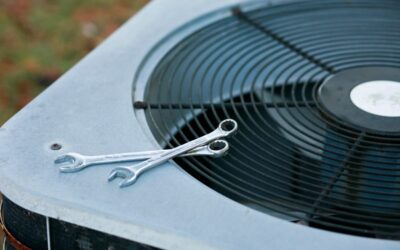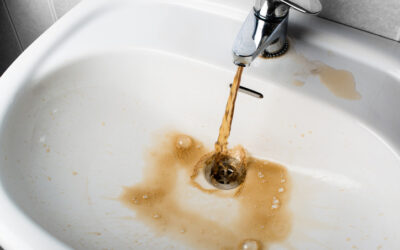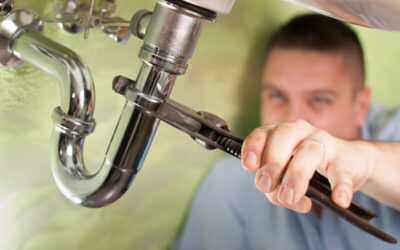You might wonder about the best way to enjoy clean indoor air during the summer in Andrews, TX. Here’s a comparison of how air filters, air purifiers and air cleaners improve the air quality in your home.
Air Filters
Air filters are a basic part of your HVAC system. They filter a variety of particles.
Not only do they filter the air, but they also keep HVAC systems working their best by preventing debris from entering them. It’s especially important for keeping an HVAC system from overheating when you want to keep cool during the summer in Andrews, TX.
There are specific sizes and types of air filters for your HVAC system. Each type has a MERV (Minimum Efficiency Reporting Value) rating that states the efficiency at removing particles.
The lowest MERV ratings have minimal efficiency and filter most dust, pollen and fibers. Mid-level MERV ratings can filter smaller particles such as smoke, VOCs and pet dander. The highest MERV ratings are medical-grade and can filter pathogens.
The different types of air filters are:
- Flat filters are thin filters made of fiberglass. Pleated flat filters offer a larger filtration area while remaining similar in size. They don’t improve indoor air quality but instead keep the HVAC system relatively clean.
- Extended media filters are thicker mid-level MERV-rated versions of flat filters with woven, accordion-like fibers. A professional must install them.
- Electronic air filters use an electrostatic precipitator to capture pollutants in an aluminum tray.
- Ultraviolet light filters are medical-grade and sold as an add-on to other filtration systems.
Air Purifiers
Air purifiers clean air on a deeper level than standard air filters. They range in size depending on the room or space you want to purify.
Air purifiers are helpful for people who suffer from asthma or allergies. They can attach to an HVAC system or work as stand-alone units.
Although air purifiers can have an active or passive mechanism, most are passive. They work by using a suction tube to draw in air and pass it over a filter, with a fan that blows the filtered air back out. Larger air purifiers have more powerful fan motors and airflow capacity.
The differences in air purifiers mainly depend on the type of filter they use:
- HEPA: Made of dense, pleated fiberglass, a “True HEPA Filter” removes up to 99.97% of particles as small as 0.3 microns in size. These are generally used in professional settings, though some home purifiers also feature HEPA filtration.
- ULPA: Ultra-Low Penetration Air filters can remove up to 99.99% of particles that are 0.1 microns or larger.
- Activated carbon: This filter has activated carbon to absorb gases, VOCs, and odors. It often takes the form of a pre-filter for HEPA air purifiers.
Most air purifiers use HEPA and activated carbon filters. Many use both. Air purifiers that use a combination of mechanical and electrostatic filtration, plus features such as UV light or a dehumidifier, are hybrids.
Air Cleaners
People sometimes think air purifiers are air cleaners. However, air cleaners sanitize the air rather than remove particles. They’re also called air scrubbers and differ depending on how they sanitize the air:
- Negative ionization or ionic technology creates a small powerful electrical field that creates oppositely charged particles or negative ions. It attracts particles, weighs them down and makes them fall onto the floor or nearby surfaces.
- Ultra-violet (UV) light kills pathogens at the DNA level, using UV-C to sterilize the air coming inside. It’s often combined with a filter to capture particles.
- Ozone generation changes oxygen (O2) molecules into ozone (O3) and is for areas that have biological contaminants.
At WTR (WTR), we offer various services to improve your HVAC system as well as your indoor air quality. Call us today for help maximizing your home comfort and air quality.
Image provided by iStock




